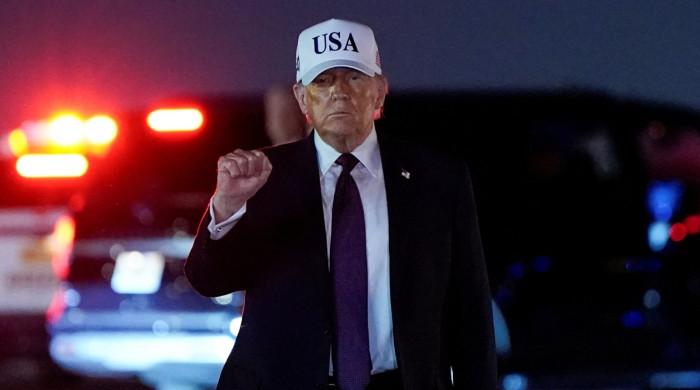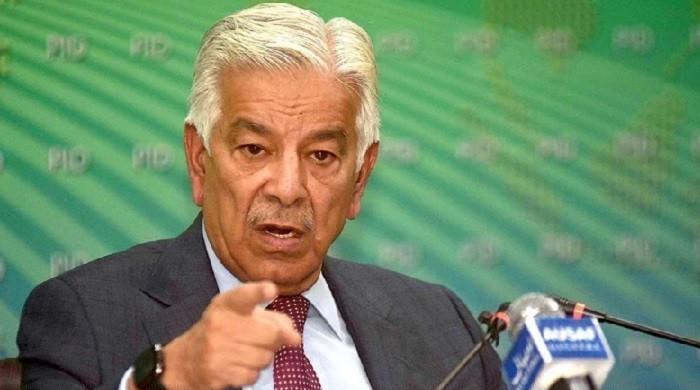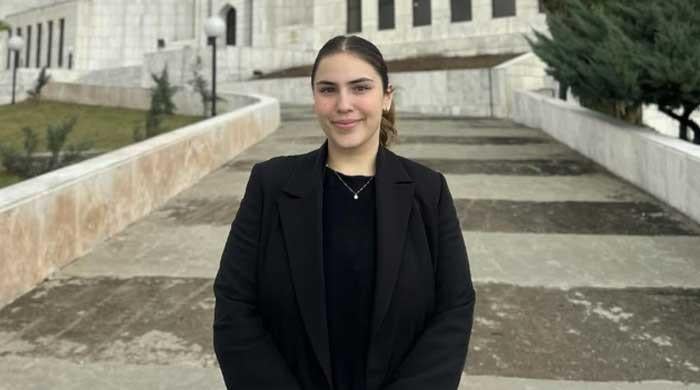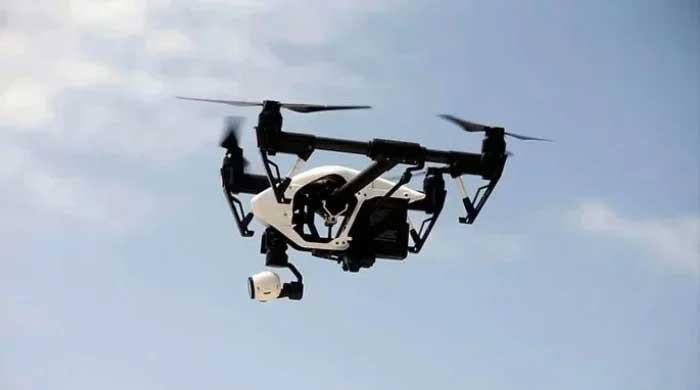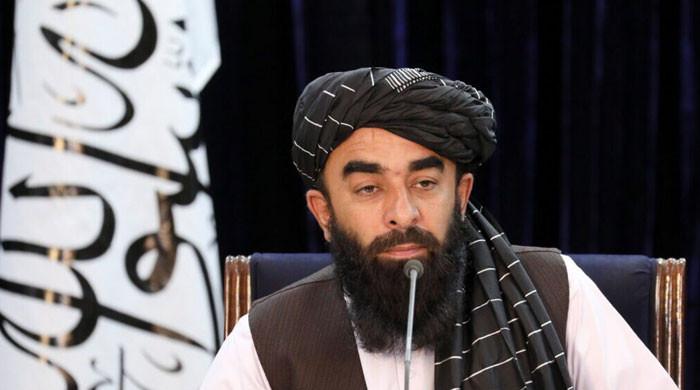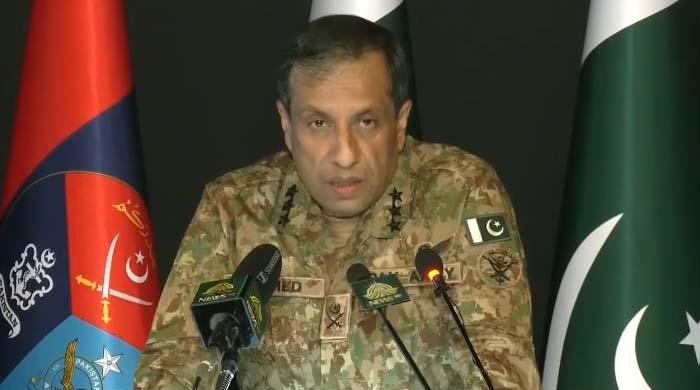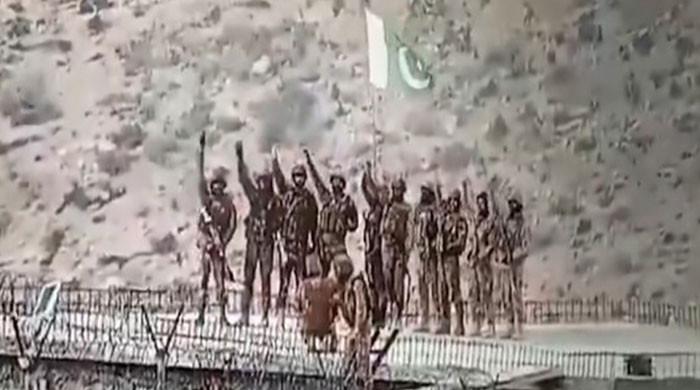SC reserves opinion on Zulfikar Ali Bhutto reference case
Supreme Court to announce short order after consultation with bench members, remarks CJP Qazi Faez Isa
March 05, 2024
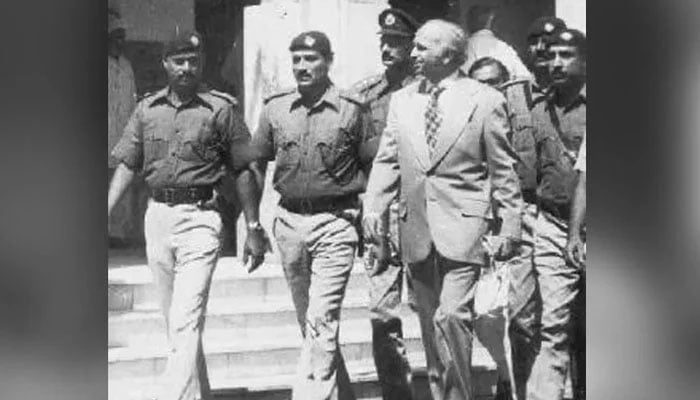
- Rabbani laments non-transparent trial of ex-prime minister.
- Kasuri terms presidential reference "non-maintainable".
- Court to announce short order after consultation with bench: CJP.
ISLAMABAD: The Supreme Court (SC) Monday reserved its opinion on the presidential reference seeking a revisit of the trial, sentence and execution of the late prime minister Zulfikar Ali Bhutto, by the apex court, The News reported on Tuesday.
The development comes as the apex court larger bench — led by Chief Justice of Pakistan (CJP) Qazi Faez Isa and comprising Justice Sardar Tariq Masood, Justice Syed Mansoor Ali Shah, Justice Yahya Afridi, Justice Amin-ud-Din Khan, Justice Jamal Khan Mandokhel, Justice Muhammad Ali Mazhar, Justice Syed Hasan Azhar Rizvi and Justice Musarrat Hilali — conducted multiple hearings on the reference filed by then president Asif Ali Zardari on April 2, 2011, under Article 186 of the Constitution.
Bhutto was hanged to death on April 4, 1979, in the Rawalpindi district jail in a murder case. His party, however, termed the capital punishment to Bhutto as "judicial murder".
Earlier, an 11-member larger bench of the apex court, headed by former chief justice Iftikhar Muhammad Chaudhry, had conducted five hearings in the presidential reference.
A day earlier, Raza Rabbani — representing Sanam Bhutto, Bakhtawar Bhutto Zardari and Aseefa Bhutto Zardari, daughter and granddaughters of the late premier — contended that the trial of the Pakistan Peoples Party (PPP) founder was not transparent.
Rabbani said that when Bhutto’s trial was in process, at that time, the Supreme Court and the high courts were not constitutional courts, martial law was enforced in the country, the Constitution and the fundamental rights of the people were suspended, the constitutional powers of the Supreme Court had ended, while the judiciary was not independent but was running under martial law.
Stressing that Bhutto wasn't nominated in any of the six first information reports (FIR) registered from 1972 to 1976 regarding attacks on Ahmed Raza Kasuri, Rabbani argued that due process was not followed in the ex-premier's trial.
Meanwhile, Ahmed Raza Kasuri, the complainant and son of slain Nawab Muhammad Ahmed Khan, while arguing before the court termed the presidential reference non-maintainable, adding that if the court re-opened the already decided matter through the presidential reference, it would open a floodgate to tsunami of cases.
"Neither there is any public importance involved in this reference nor there is any question of law," Kasuir submitted, adding that the Constitution and law do not give the right to a second review and the final decision could not be reviewed again through reference.
Attorney General Mansoor Usman Awan could not appear before the court due to official engagements, however, Additional Attorney General (AAG) Chaudhry Aamir Reman, while giving the government's position on the matter, said that the re-investigation of the murder charge on Bhutto was completely illegal and against the rules of the trial.
He submitted that there were violations, there was injustice. "It seems that there was government intervention at that time," the AAG submitted.
The court then court reserved its opinion on the presidential reference with CJP Isa saying that the court would announce a short opinion after consulting with the members of the bench.
The top judge, however, did not provide an exact date, or time frame with regards to the announcement of the court's opinion.




